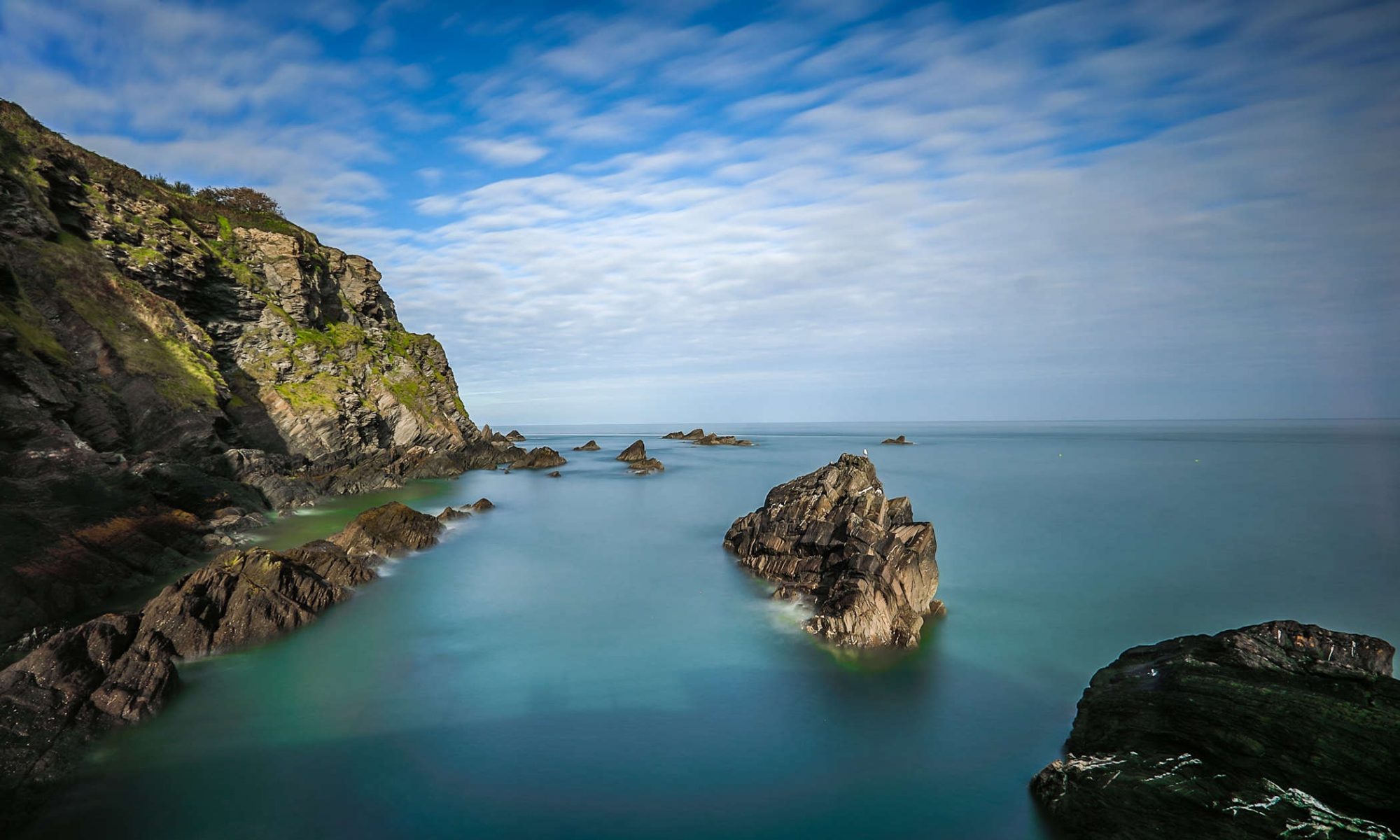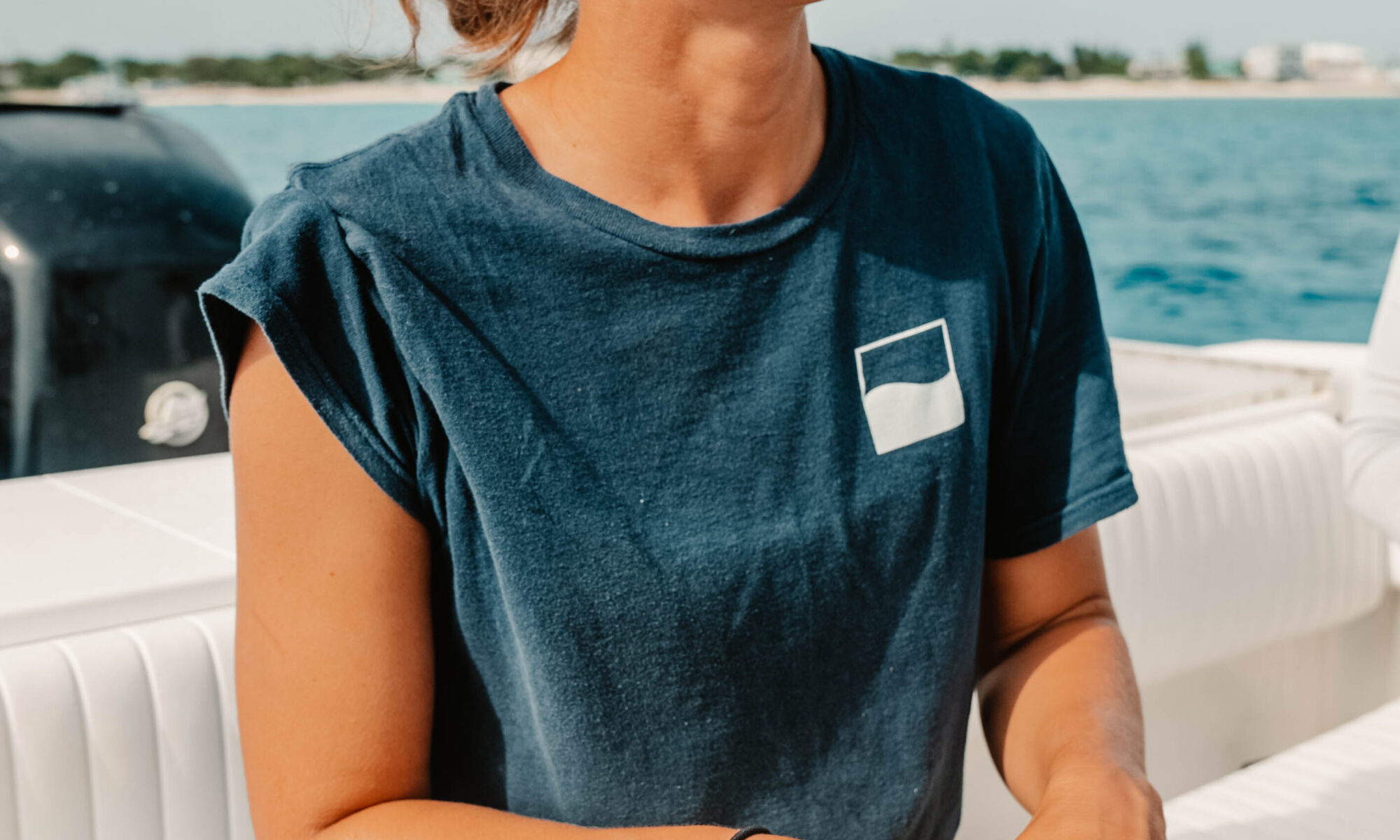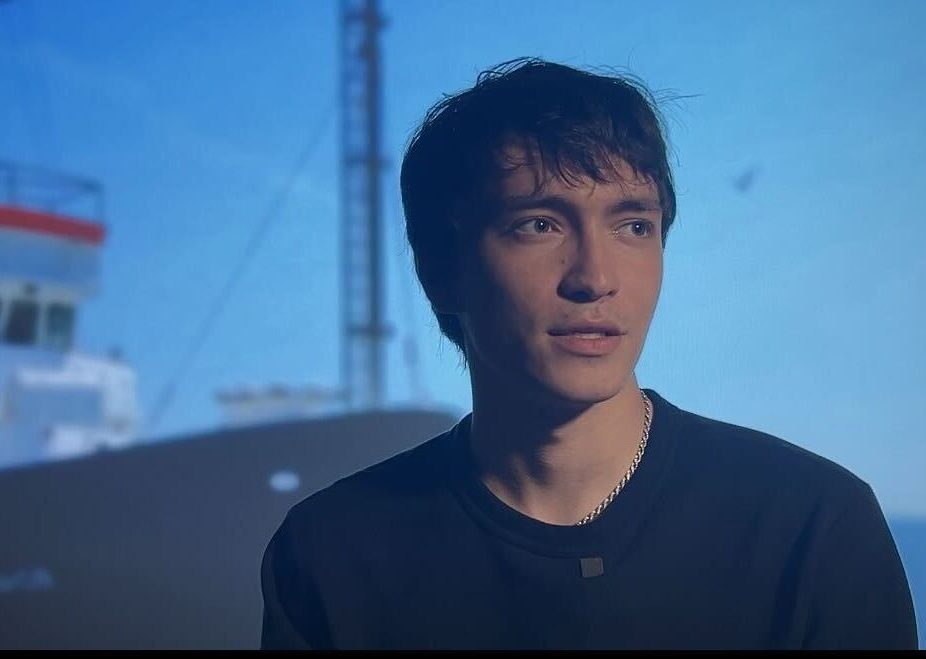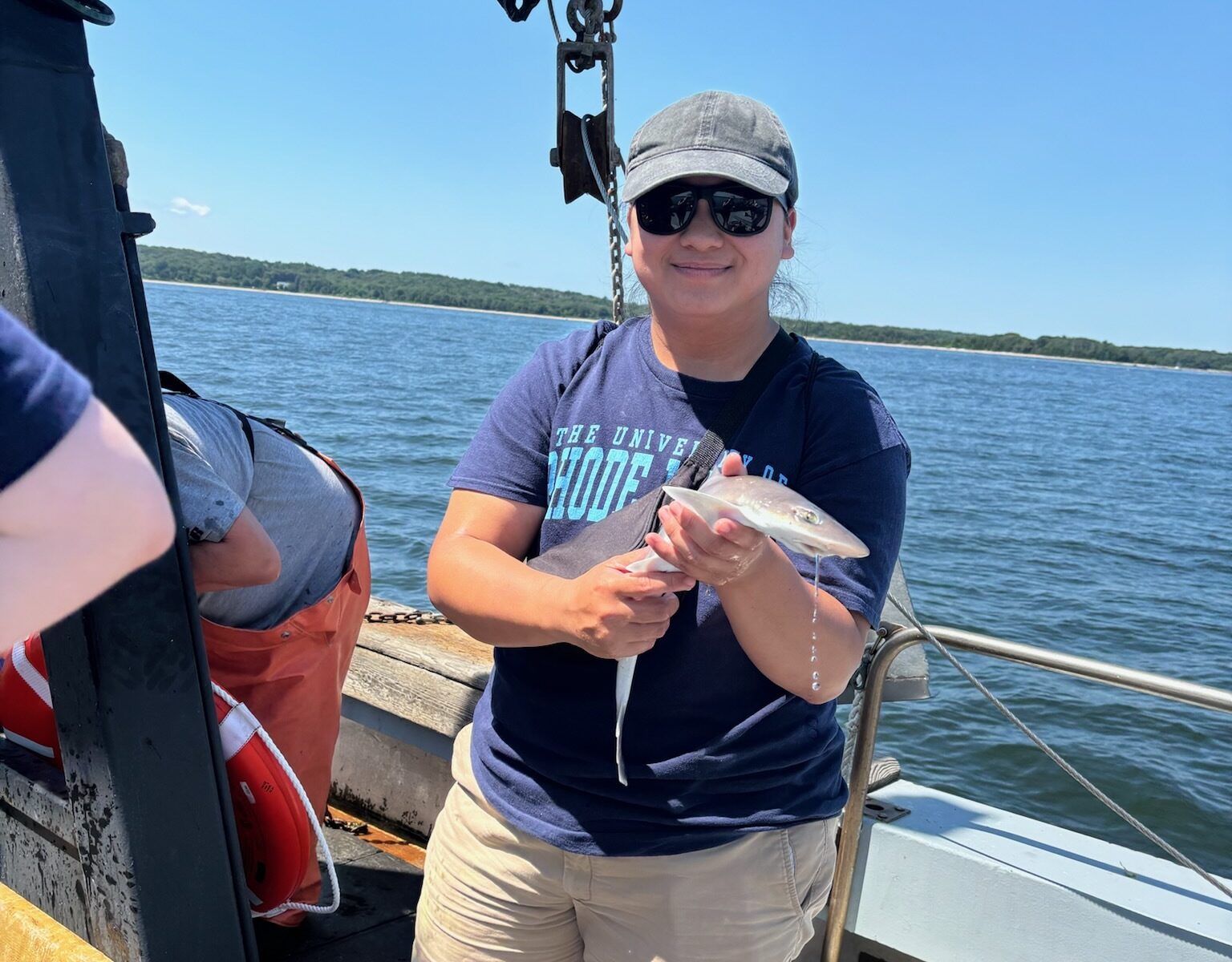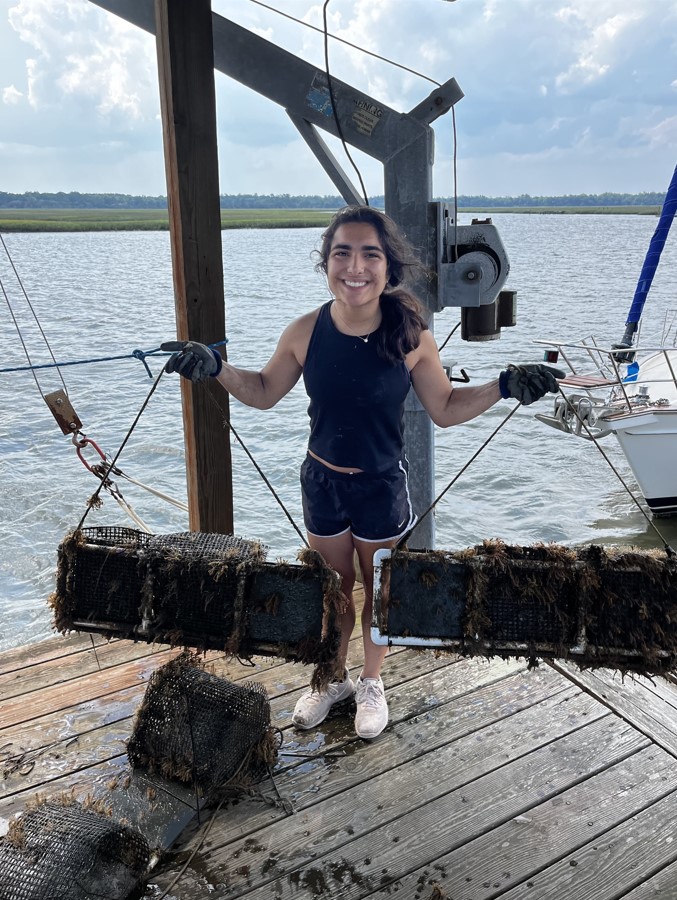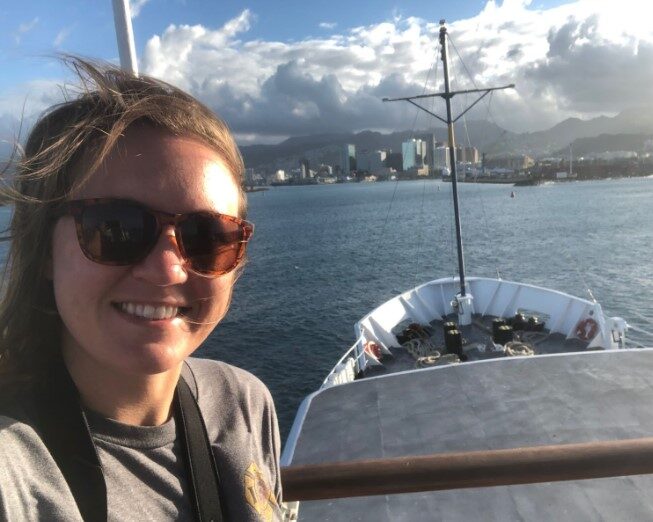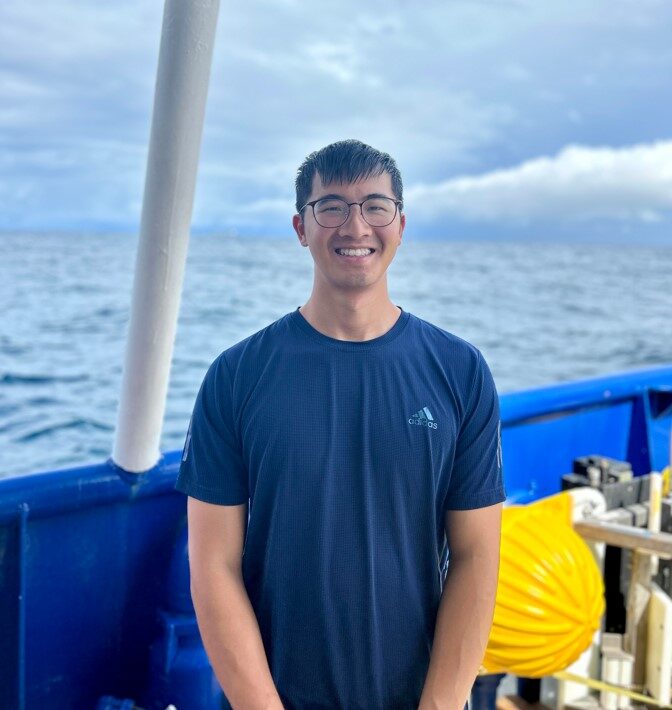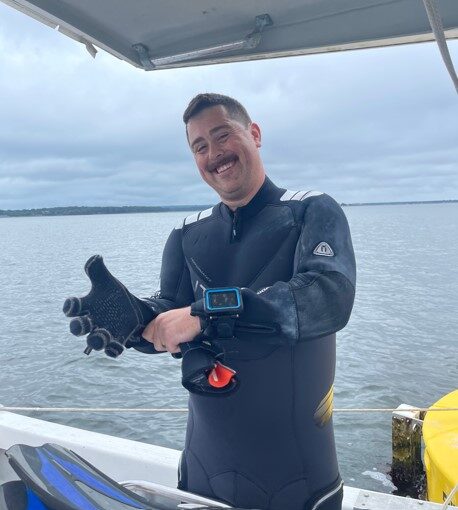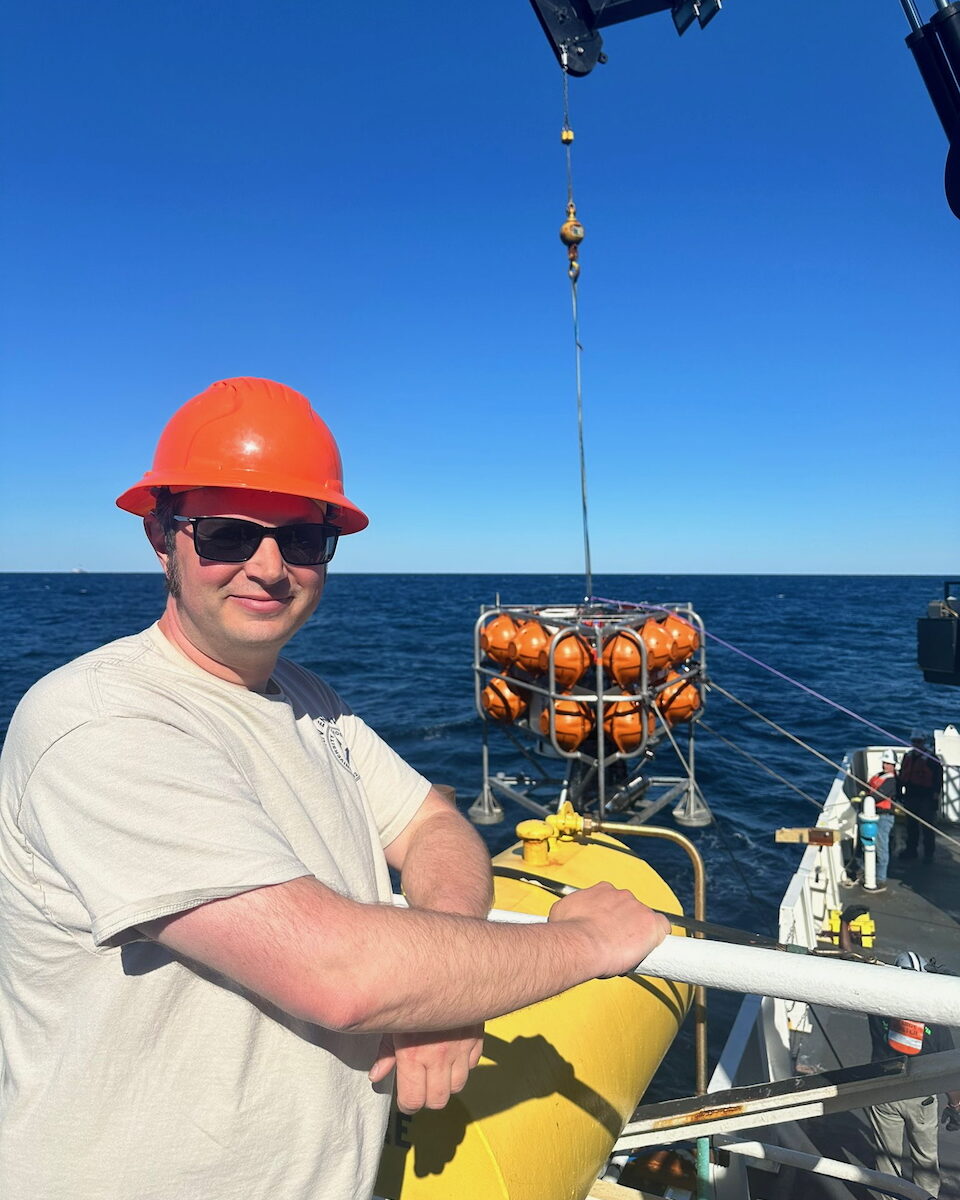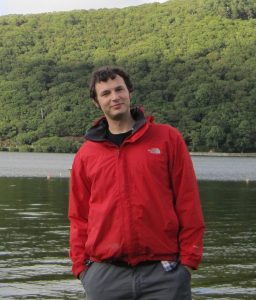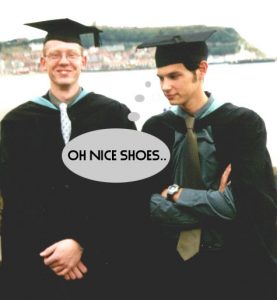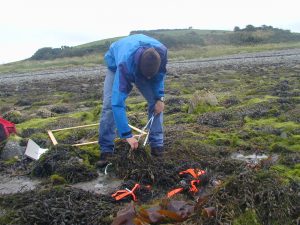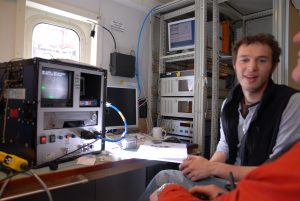In 2015 I graduated from the University of Miami with a Major in Biology and Minors in Marine Science and Art focused in underwater photography. I joined the marecotec lab in 2023 as a PhD student after completing my BlueMBA, a Master’s program with dual degrees in Business Administration and Oceanography, at URI. The last 10 years of my research have been focused on shark ecology and telemetry and I have narrowed my focus to deep-sea sharks and building the technology needed to study them over the last couple of years.
What made you decide to go into marine science?
I wouldn’t say that I made a decision to go into marine science. I was the kid that had to be dragged away from the beach annoying my parents with questions about what I saw there. As I got older and learned about the scientific method, applying that to my questions was the only thing I wanted to do.
What is the focus of your research/work? What do you think is the most important takeaway from your research?
I am focused on developing Accessible Ocean Technologies – those that both broaden our physical access to all parts of the ocean and the amounts and types of people who can use them – and deploying them to study deep-sea sharks.
For being the largest, and arguably the most important, ecosystem on our planet, the deep-sea is extremely understudied. In order to collect the data we need and enough of it, the next generation of Accessible Ocean Solutions must be more cost-effective, simple to use, and rugged. None of our science goals to support the future ocean we want can be achieved without data and data cannot be collected without empowering all communities with more accessible technologies.
What is the coolest thing you’ve done through your work?
I have been very fortunate to have done many incredible things through my work thus far. Probably one of my favorite experiences was getting a giant squid on camera at 900m deep in Bermuda.
What is one fun fact about you?
I love water sports. My favorites are sailing and windsurfing and I’m teaching myself to foil and surf.
If you could have any superpower, what would it be and why?
Able to live underwater at any depth. Imagine swimming with the colossal squid!
